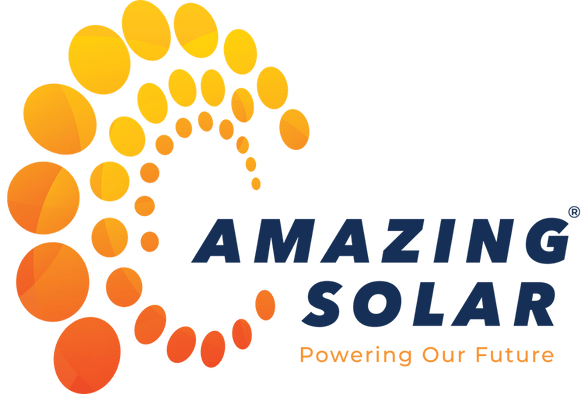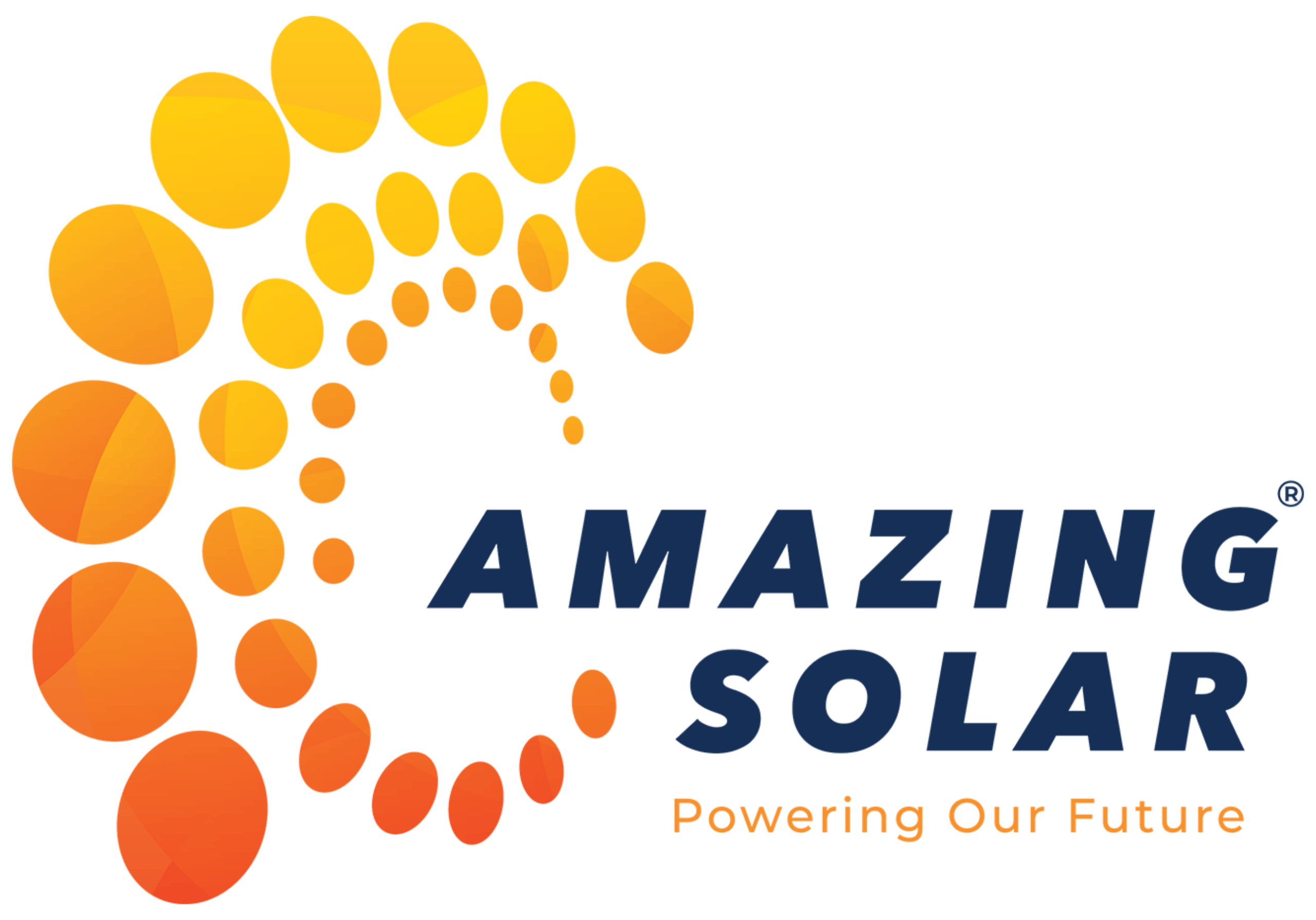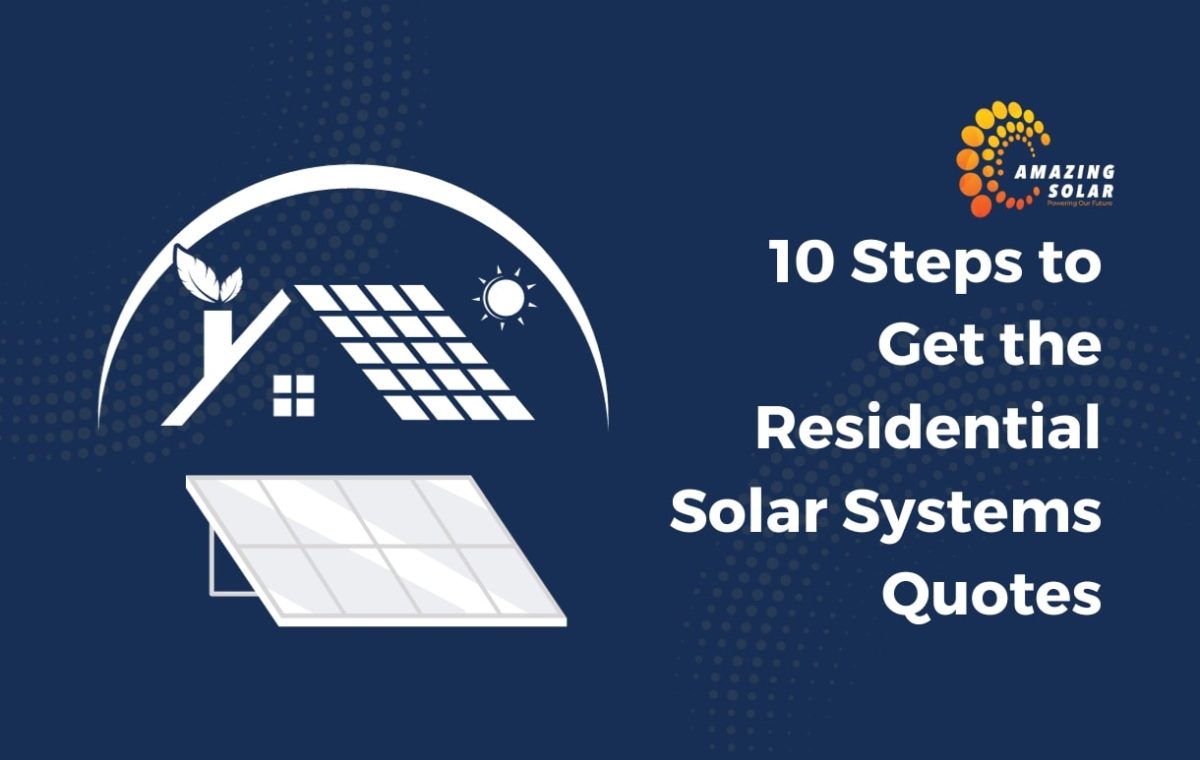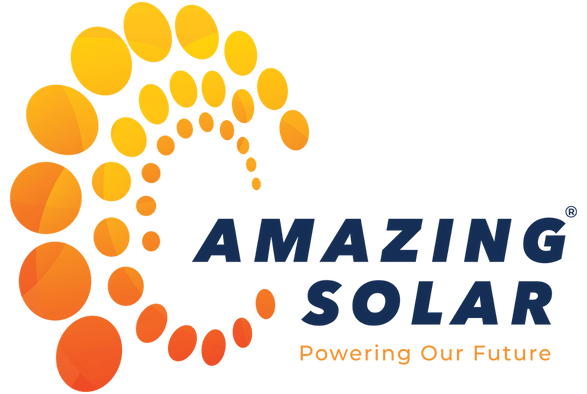Solar monitoring systems are invaluable tools for optimizing your solar panel investment, but the abundance of options can make selecting the right one a daunting task. In this blog post, we’ll guide you through the process of choosing the ideal solar monitoring system Victoria Australia home. We’ll also explore the advantages of solar monitoring and offer tips for maximizing its benefits.
What is a Solar Monitoring System?
A solar monitoring system is a device designed to monitor and analyze the performance of your solar panel system. It gathers data on energy production, consumption, and battery storage, making this information accessible through smartphone apps, tablets, or computers.
Solar monitoring systems serve multiple purposes:
- Track energy production and consumption.
- Detects issues with your solar panel system.
- Estimate savings on energy bills.
- Facilitate adjustments to optimize energy usage and further reduce costs.
Types of Solar Monitoring Systems:
Solar monitoring systems come in two primary types:
- Local Monitoring Systems: These systems directly connect to your solar panel setup and often use Wi-Fi or Ethernet connections to transmit data to your smartphone, tablet, or computer.
- Remote Monitoring Systems: These systems link to your solar panel system via a cellular network, enabling you to monitor your system’s performance from anywhere globally.
Key Features to Consider When Choosing a Solar Monitoring System:
When selecting a solar monitoring system, pay close attention to these key features:
- Data Accuracy and Reliability: The accuracy and reliability of the system’s data are paramount. Ensure that the system accurately tracks energy production and consumption for informed decision-making.
- User-Friendliness: Opt for a system that offers ease of use and navigation, allowing you to effortlessly access performance data and identify potential issues.
- Additional Features: Some solar monitoring systems provide extra features, such as customizable alerts for underperformance or low battery levels. Assess which features are essential for your needs.
How to Choose the Right Solar Monitoring System for You:
- The best way to pick the right solar monitoring system is by considering your specific requirements and budget.
- For basic energy production and consumption tracking, a local monitoring system may suffice. If you desire advanced features like remote monitoring and alerts, you’ll need to opt for a remote monitoring system.
- Budget considerations are essential. Local monitoring systems tend to be more budget-friendly, while remote monitoring systems offer enhanced features and convenience.
Conclusion:
Solar monitoring systems empower you to maximize the benefits of your solar panel investment. By diligently tracking energy production and consumption, you can make informed decisions to optimize energy usage and reduce your energy bills. When choosing a system, prioritize accuracy, user-friendliness, and additional features tailored to your needs. Make an informed choice, and your solar monitoring system Victoria will help you harness the full potential of your solar panels.









